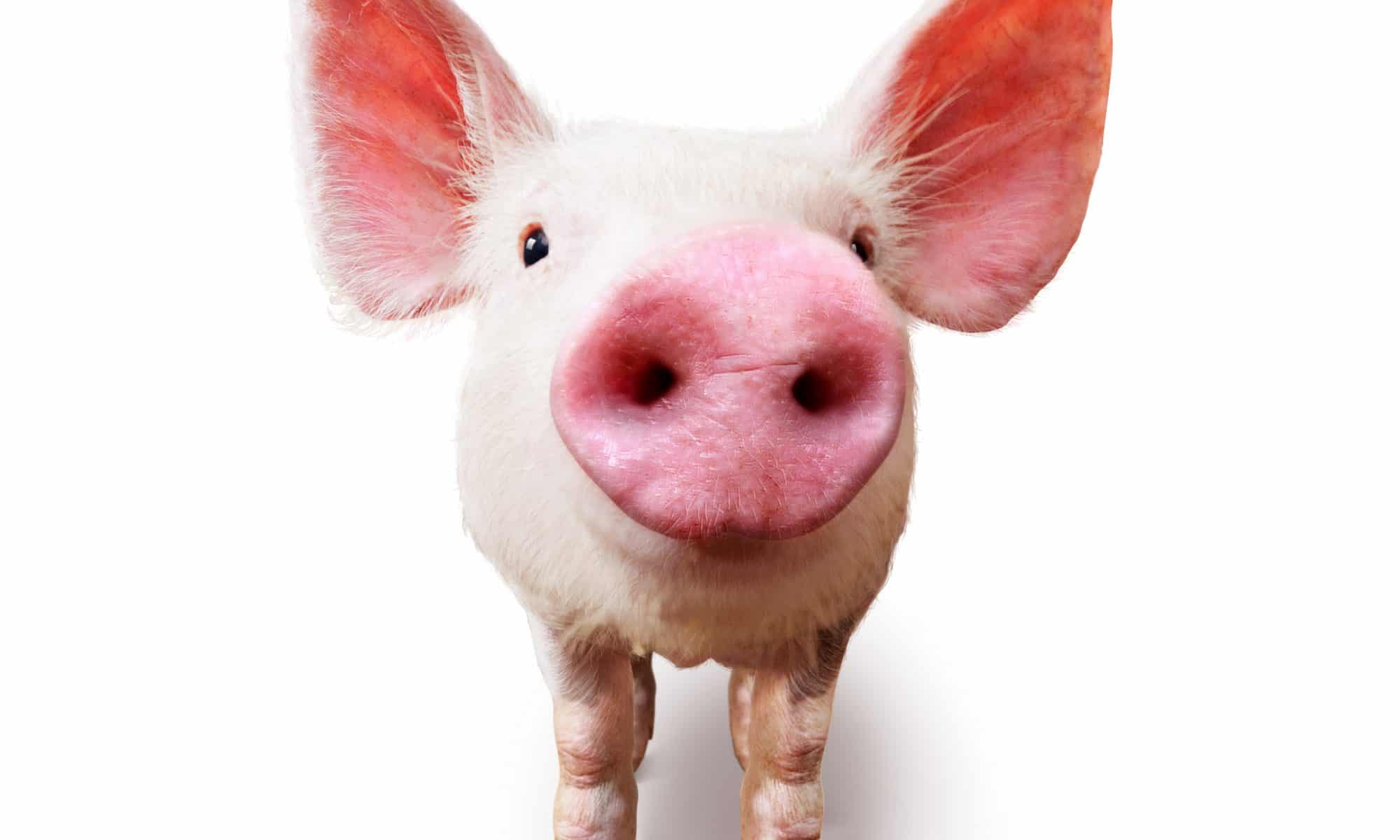The first confirmed cases of African swine fever (ASF) have been detected on three farms in Vietnam, authorities said on Tuesday.
All pigs were culled at these farms located in Hung Yen and Thai Binh provinces, southeast of the capital Hanoi, said the Animal Health Department.
Pork is a major staple and accounts for 75% of the total meat consumption in Vietnam, a country of 95 million people where most of its 30 million farm-raised pigs are consumed domestically.
Because pork is such a popular meat in many Asian countries, United Nations experts said last September that the spread of the virus to China’s neighboring countries was almost certain, likely through movements of products containing infected pork.
Nguyen Van Long, the department’s chief of epidemiology, said smuggling of animals across borders and tourism has made it difficult to control the spread of the disease, according to a Reuters article.
Philippines Bans Pork Imports from Vietnam
The Philippines are tightening security efforts even more by banning pork imports from Vietnam. Secretary of the Philippine Department of Agriculture, Emmanuel Piñol, confirmed that his department will issue an order banning the entry of pork and pork products from Vietnam following the first case detected in the ASEAN region, according to The Philippine Star.
Piñol also directed all quarantine posts in his country to check the possible entry of pork products in various airports and seaports.
Taiwan has also increased scrutiny of Vietnamese travelers after the ASF virus was detected recently in some pork products.
The Taiwanese government has been testing samples of pork products from foreign countries since last year, when the ASF virus was first detected in their region. According to The Star, of 1,158 samples, 928 products have completed the inspection and 20 samples were discovered with ASF, all of which came from China.
However, a sample from Vietnam was confirmed Feb. 11 to contain the ASF virus.
Agriculture group Samahang Industriya ng Agrikultura (SINAG), urged the Phillipine Department of Agriculture to ensure travelers coming from Vietnam and other affected ASF countries will undergo 100% checks in airports.
“While we do not really import much from Vietnam, the danger is on what the tourists will bring in to the country. That’s what we are worried about,” SINAG chairman Rosendo So said.
In addition, the Philippine Department of Agriculture recently widened the importation ban on pigskin leather.
Prevent the Spread of ASF
The pork industry can do its part to help by spreading the word and making sure people know that they should not bring back pork or pork products from ASF-positive countries, said Andrea Pitkin, DVM, PIC North America’s health assurance veterinarian.
The virus can live in uncooked pork or juices from uncooked pork. It can also survive in cured meats for up to 150 days. ASF is deadly for pigs, but harmless for humans.
